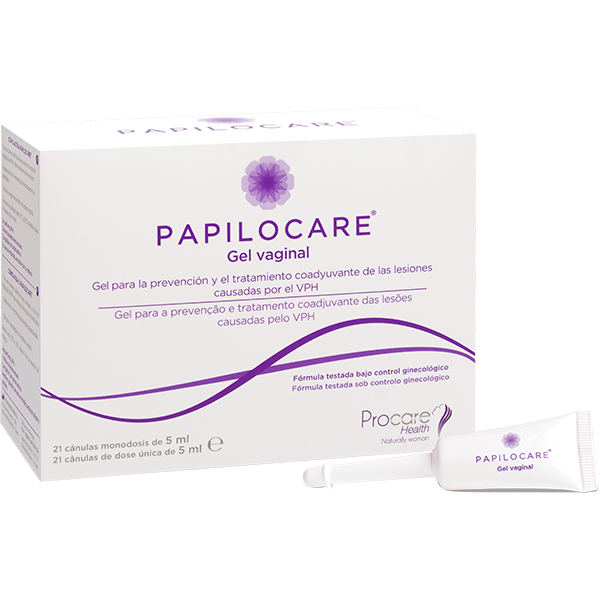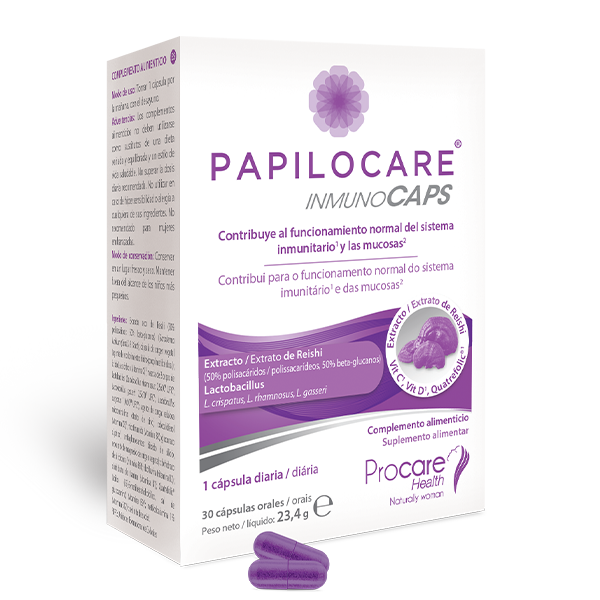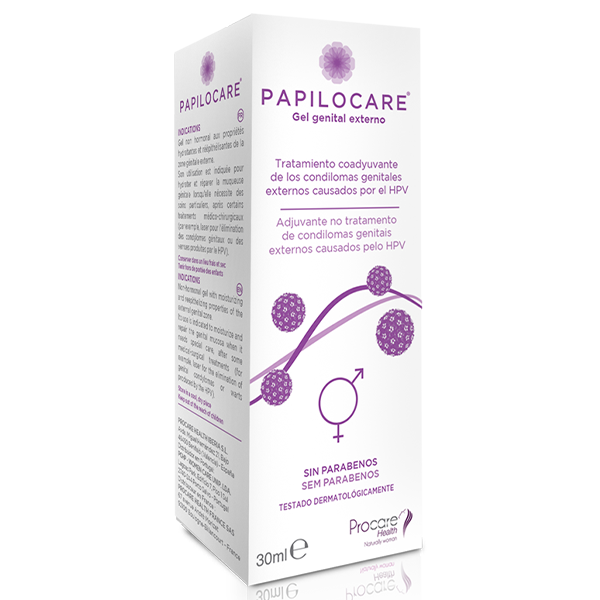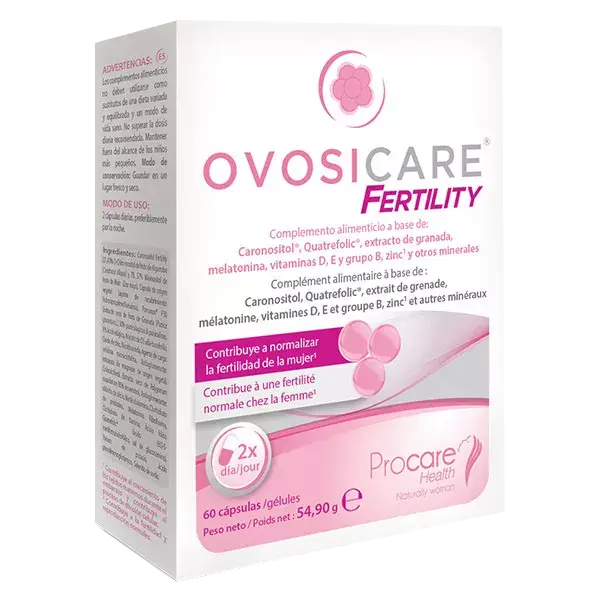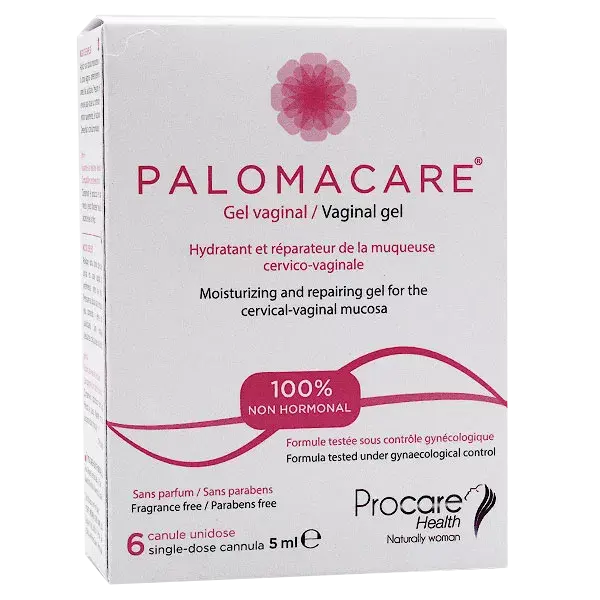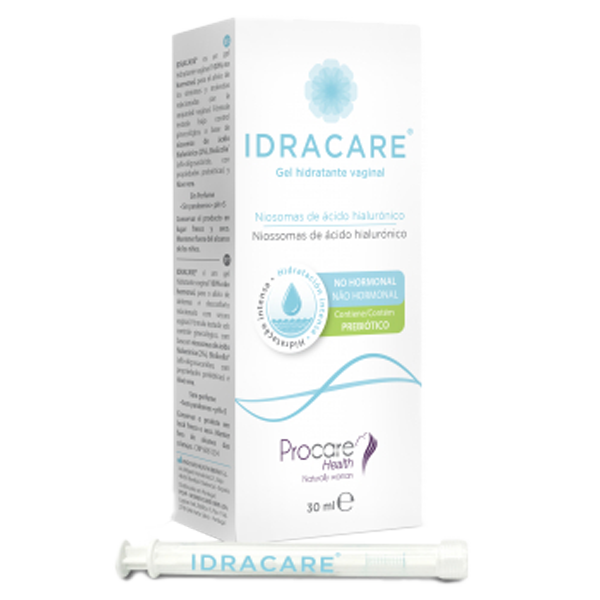HPV viruses, warts and cancers – Demystifying the human papilloma virus puzzle

Viruses, warts and cancers – Demystifying the puzzle
It can be confusing to understand how viruses, cancers and warts are related.
Many of us are familiar with the link between the Human papilloma virus (HPV) and cervical cancer. This is why boys and girls age 11-12 are now offered a vaccine to protect them from a variety of cancers (cervical, anal, and penile to name a few) associated with the virus. (see earlier article - https://livbio.co.uk/human-papillomavirus-hpv-vaccine-trains-your-immune-system-to-fight-future-infection-and-prevent-cancer/)
What can be confusing is that HPV is also responsible for genital warts, a much more common and much less serious disease that is typically seen in young, sexually active adults. It affects 1 in 2 sexually active adults in the US and is the leading cause of viral sexually transmitted infection in the UK (2016), although it has been falling since the vaccination programme was introduced.
The important distinction to make here is that these genital warts are different to cancers.
HPV is a family of over 100 viruses, each with different properties. Some of their members greatly increase the risk of cancer. Examples include HPV16 and 18 that are responsible for 70% of cervical cancers. These specific virus strains produce special proteins that interfere with the cells that they infect, increasing their chance of turning into cancerous cells. While the majority of people who are infected manage to clear the infection on their own without medical treatment, a small proportion go on to have a prolonged infection. The infected cells are then exposed to the virus proteins for a longer time, and in doing so, increase the risk of cancer.
Other members of the virus family pose little or no risk of cancer. Examples include HPV 6 and 11 which are responsible for the majority of genital warts. The chance that you go on to develop cancer when you are infected with these virsuses is exceedingly small. Warts can be unsightly and a nuisance but they are in no way a seriously concerning infection.
Having said that, genital warts can at times be difficult to clear completely. Around 10-30% of warts will heal spontaneously on their own in 3 months, and recurrence is not uncommon. There is no ‘cure’ for genital warts, and most medical treatments focus on removing the visible growths. Clearing the infection completely depends on our immune system.
Since cervical cancer and genital warts are very different diseases caused by different viruses, the treatments for each are likewise very different. The standard therapy for wart removal, such as freezing will not work for high risk HPV infections associated with cancer, and vice versa. It is important to get the appropriate treatment that is type-specific and therefore effective. So if you do find out that you are infected with high risk HPV, do not assume that the usual wart removal therapy will help.
On the other hand, the vaccine offered to boys and girls in England is a cocktail that covers both the high risk strains (HPV 16 and 18), as well as the low risk strains (HPV 6 and 11). So the vaccine protects against many of the causes of both cervical/anogenital cancers and genital warts. Other vaccines cover additional strains of HPV that are also associated with cancer, but are responsible for a fewer proportion of cases.
World Health Organisation: https://www.who.int/news-room/fact-sheets/detail/human-papillomavirus-(hpv)-and-cervical-cancer
Medscape: https://emedicine.medscape.com/article/763014-overview#a6
BMJ BestPractice: https://bestpractice.bmj.com/topics/en-gb/228/prevention
Disclaimer
Information on this website is provided for informational purposes only and not intended as a substitute for the advice provided by your physician or other healthcare professional. You should not use the information on this web site for diagnosing or treating a health problem or disease, or prescribing any medication or other treatment. For medical advice, diagnosis and prescription, please consult a healthcare professional.
Recent Posts
D-chiro inositol, an important new supplement for fertility
How to choose the best fertility supplement if you have PCOS
What is the best supplement to take for HPV?
Categories
Disclaimer: Information on this website is provided for informational purposes only and not intended as a substitute for the advice provided by your physician or other healthcare professional. You should not use the information on this website for diagnosing or treating a health problem or disease, or prescribing any medication or other treatment. For medical advice, diagnosis and prescription, please consult a healthcare professional. More Information >
Disclaimer: Information on this website is provided for informational purposes only and not intended as a substitute for the advice provided by your physician or other healthcare professional. You should not use the information on this website for diagnosing or treating a health problem or disease, or prescribing any medication or other treatment. For medical advice, diagnosis and prescription, please consult a healthcare professional.
© LivBio Limited 2024 All Rights Reserved.
